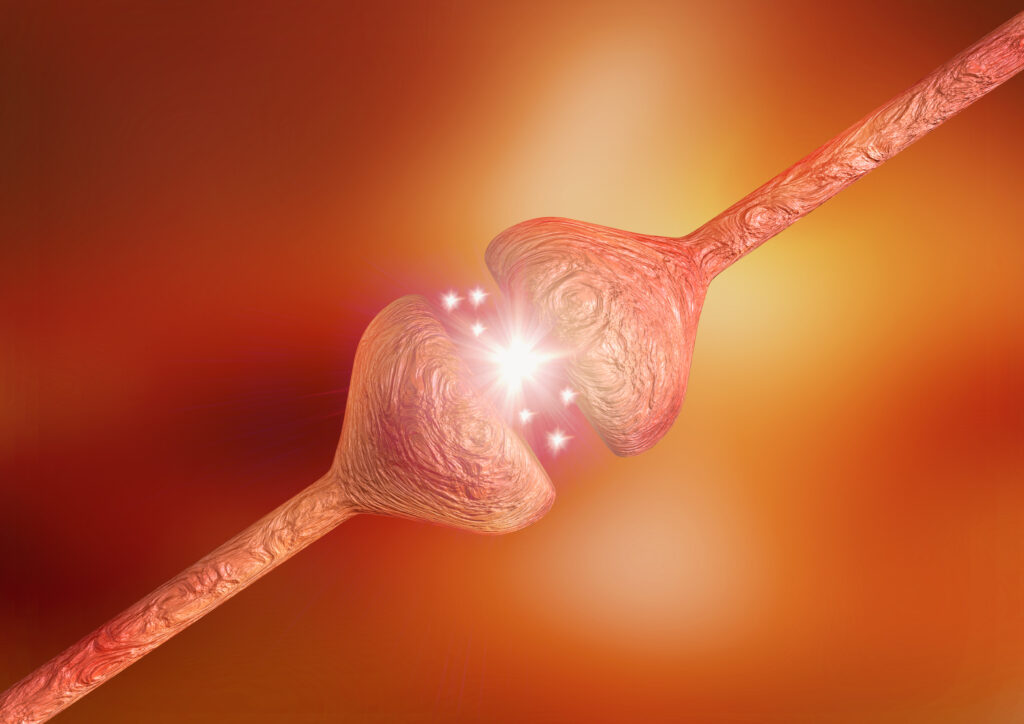### The Importance of Gastrointestinal Health in Alzheimer’s Patients
Alzheimer’s disease is a complex condition that affects the brain, leading to memory loss, confusion, and difficulty with daily tasks. While the brain is the primary focus of research and treatment, there is growing evidence that the health of the gastrointestinal (GI) system also plays a crucial role in the progression of Alzheimer’s.
#### The Gut-Brain Connection
The GI system and the brain are connected through a network called the gut-brain axis. This connection allows the gut microbiome, which is the collection of microorganisms living in the intestines, to communicate with the brain. When the gut microbiome is healthy, it helps to regulate inflammation and maintain a strong barrier between the gut and the bloodstream. However, when the gut microbiome is imbalanced, it can lead to inflammation and the release of toxins into the bloodstream, which can reach the brain and contribute to Alzheimer’s symptoms.
#### How Gut Health Affects Alzheimer’s
Research has shown that changes in the gut microbiome, known as dysbiosis, can contribute to Alzheimer’s disease. Dysbiosis leads to the prevalence of harmful bacteria that produce toxic metabolites, promoting inflammation and breaking down the barrier between the gut and the brain. This allows harmful substances to enter the brain, potentially triggering or worsening Alzheimer’s symptoms.
#### The Role of the Vagus Nerve
The vagus nerve is a key player in the gut-brain axis. It acts as a messenger between the gut and the brain, helping to regulate inflammation and other bodily functions. When the vagus nerve is functioning properly, it can help to reduce inflammation and promote a healthy balance of gut bacteria. However, when it is impaired, it can lead to increased inflammation and a higher risk of developing Alzheimer’s.
#### Dietary Changes for Better Gut Health
Maintaining a healthy gut microbiome is crucial for overall health, especially for those with Alzheimer’s. A Mediterranean-style diet, which includes vegetables, fruits, nuts, seeds, legumes, fish, and olive oil, has been shown to positively influence the gut microbiome, reduce inflammation, and enhance overall quality of life. This diet is rich in fiber, which helps to feed beneficial bacteria in the gut, promoting a balanced microbiome.
#### Therapeutic Options
Several therapeutic options are being explored to target the gut microbiome in Alzheimer’s patients. These include:
– **Antibiotics:** While antibiotics can be effective against harmful bacteria, they can also disrupt the balance of beneficial bacteria. Therefore, their use must be carefully considered.
– **Probiotics:** These are live bacteria and yeasts that are beneficial for health. Probiotics can help restore a healthy balance of gut bacteria.
– **Prebiotics:** These are non-digestible fibers that help feed beneficial bacteria, promoting a balanced microbiome.
– **Postbiotics:** These are the byproducts of probiotics that can provide health benefits without the need for live bacteria.
– **Fecal Microbiota Transplantation (FMT):** This involves transferring fecal matter from a healthy donor into the patient. While promising, FMT is still in its early stages and requires further research.
#### Conclusion
The connection between gastrointestinal health and Alzheimer’s disease is complex but crucial. Maintaining a healthy gut microbiome through dietary changes and potentially using therapeutic options can help reduce inflammation and slow the progression of Alzheimer’s. While more research is needed to fully understand this relationship, it is clear that focusing on gut health can provide significant benefits for those affected by this devastating disease.
By understanding and addressing the importance of gastrointestinal health, we may uncover new avenues for treating and managing Alzheimer’s disease, ultimately improving the quality of life for those affected.



